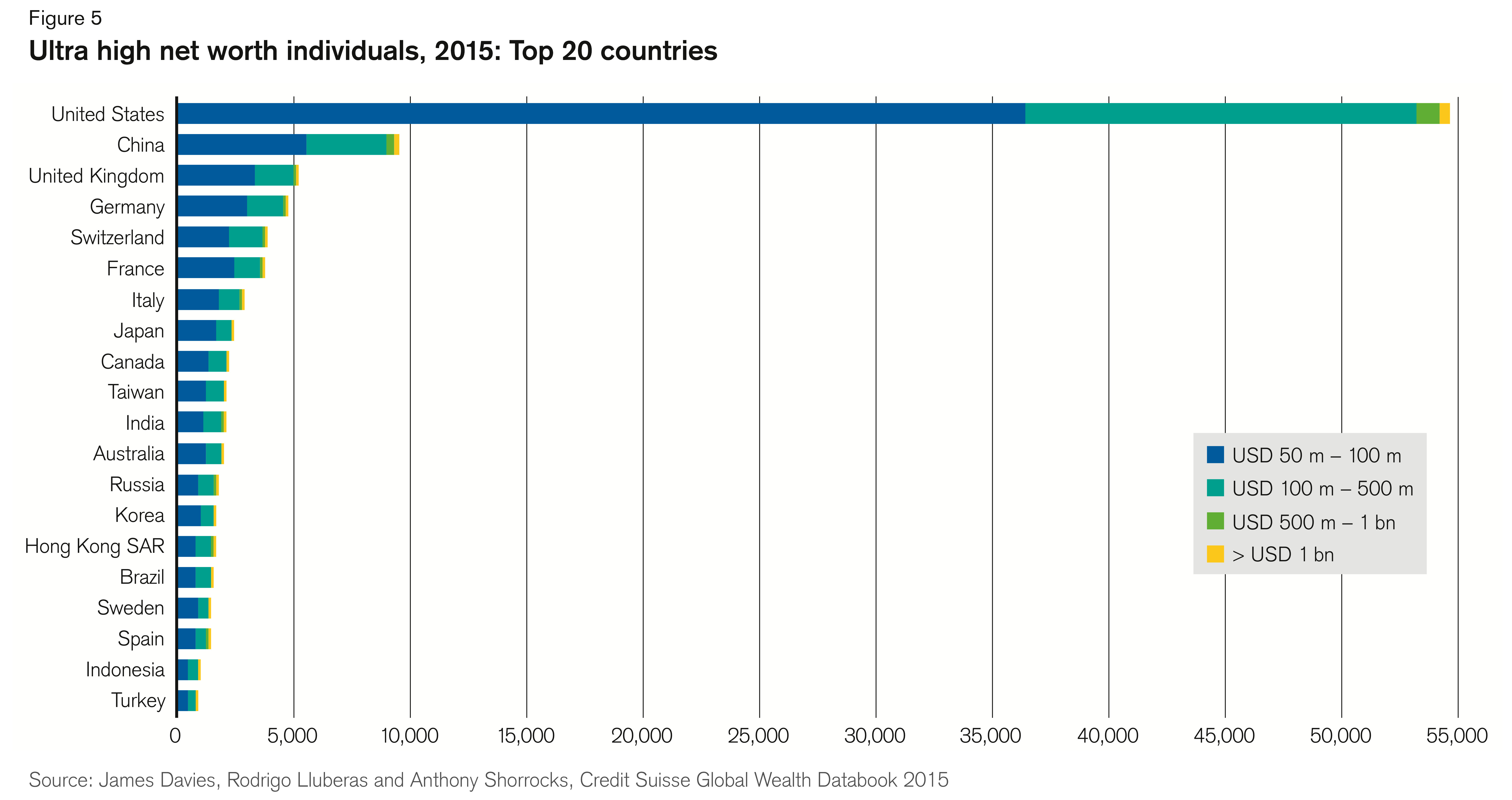When dealing with large numbers, it’s crucial to grasp the concept of percentages to comprehend their relative significance. In this article, we delve into understanding what one percent of one million represents, its implications, and the latest trends associated with it.

Image: www.vox.com
One million is a substantial number, often encountered in various contexts. Hence, having a clear understanding of its fractional components is essential. One percent, or 1%, of anything represents a tiny fraction of the whole. To illustrate, one percent of one million simply means one- hundredth, or 0.01, of the entire amount.
Calculating One Percent of One Million in Detail
For a precise understanding, let’s delve into calculating one percent of one million using mathematical operations:
- One percent is 1/100 expressed in mathematical terms, or 0.01.
- To calculate one percent of one million, we multiply 1,000,000 by 0.01.
- 1,000,000 x 0.01 = 10,000.
Hence, one percent of one million is 10,000.
Interpretation and Application of One Percent
Understanding one percent of one million is crucial for various reasons:
- Decision-making: Recognizing that one percent is a small fraction helps in making informed decisions involving large amounts.
- Quantitative analysis: In research and data analysis, understanding percentages allows for comparison and evaluation of different aspects.
- Financial management: Calculating percentages is essential for asset allocation, interest rate calculations, and tax implications.
Latest Trends and Evolution
The concept of one percent has evolved in recent years, associated with the idea of the “One Percent Rule“. This theory posits that in many areas, including wealth, income, and influence, the highest one percent often accumulates a disproportionately large share.
This observation has sparked debates and research, leading to discussions on economic inequality, social mobility, and the distribution of resources.

Image: thecedarbluff.blogspot.com
Expert Tips and Advice
Considering one percent in decision-making and analysis requires a balanced approach:
- Accuracy: Ensure precise calculations to avoid misinterpretation.
- Contextualization: Consider the broader context and avoid relying solely on percentages.
- Incremental approach: Break down large percentages into smaller fractions for clearer understanding.
FAQs on One Percent of One Million
To address common queries, here are some questions and answers:
- Q: How many tens are there in one percent of one million?
A: Ten thousand tens equal one percent of one million.
- Q: Is one percent of one million a lot?
A: The significance of one percent depends on the context. It can be substantial in some situations and insignificant in others.
What Is One Percent Of One Million
Conclusion: The Significance of Understanding Percentages
Comprehending the concept of one percent of one million provides a foundational understanding of percentages and their relevance in various aspects of life. By embracing analytical thinking and thoughtful consideration of percentages, individuals can make informed decisions and navigate the complexities of quantitative data.
Now tell us, are you more curious to discover other fascinating numerical relationships? Let us know in the comments below, and let’s continue exploring the world of numbers together!